
‘Innovation happens here’: A novel program helps Microsoft customers create solutions they once thought unreachable
To understand a bakery, you need to see the ovens. To appreciate the products, you must meet the people behind the dough.
But to truly know the operation? You’ve got to eat the cookies.
That’s the recipe Judson Althoff followed recently to gain a firsthand view of the business goals and tech ambitions at Grupo Bimbo, the world’s largest baking company and a Microsoft customer.
Althoff, executive vice president and chief commercial officer at Microsoft, traveled to Grupo Bimbo’s oldest factory in Mexico – “a museum piece” packed with vintage equipment, as one Grupo Bimbo executive described. After a digital upgrade, however, the facility is now a financial dynamo.
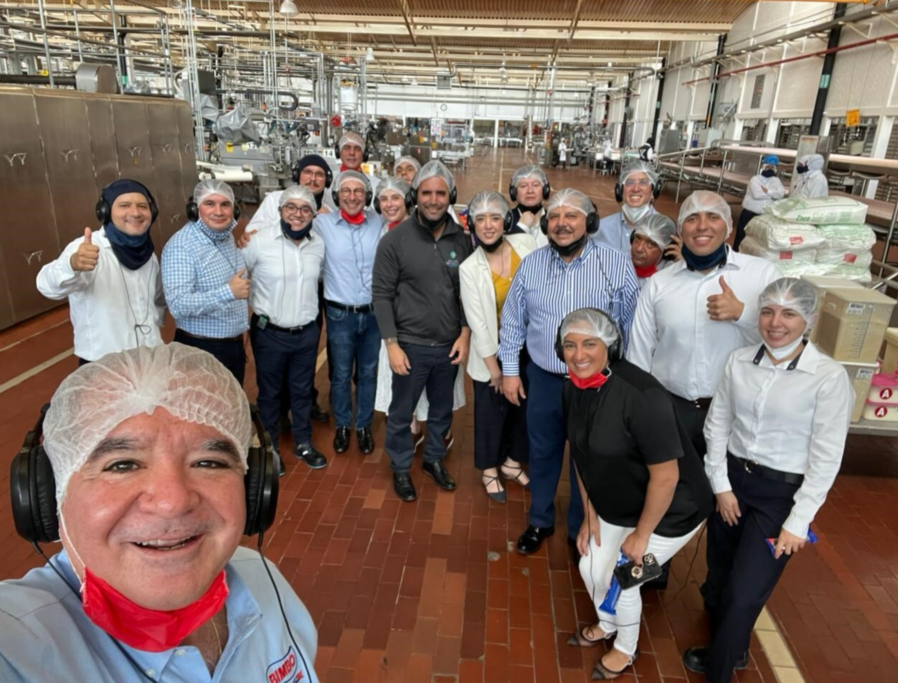
On the factory floor in Guadalajara, Althoff popped on a hair net. He toured the mixers, slicers and conveyor belts. He paused to chat with associates and managers. And he sampled an assortment of breads and sweet treats fresh from the ovens. Company leaders took note.
“To become true partners to our customers and help them drive pragmatic innovation, we need to deeply understand their day-to-day business and the unique challenges they are facing,” Althoff said of the visit. “Through firsthand experience, we were able to bring the best of Microsoft to help Grupo Bimbo reimagine its operations.”
“That was important,” says Juan Pajón, Grupo Bimbo’s global senior vice president of business technology. “The only way you really understand what is happening is by talking to the person on the line, understanding their problems, their concerns, their ideas. True innovation happens here.”
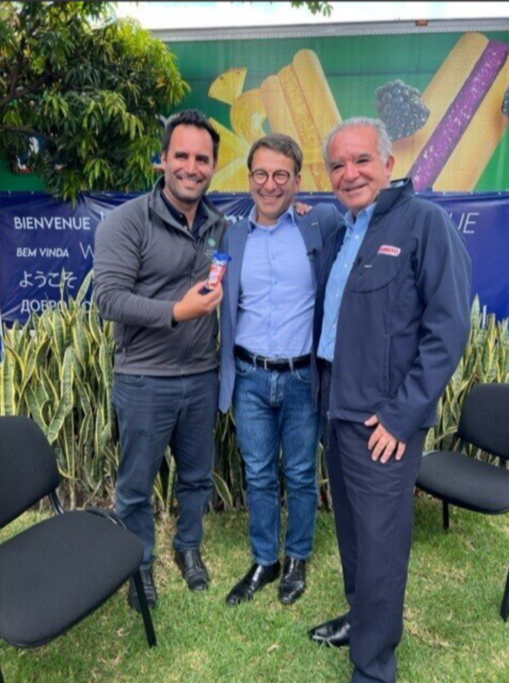
Yet it was bigger than one delicious moment. Althoff’s visit arose from a long-term, customized collaboration between Grupo Bimbo and Microsoft – a new breed of partnership devised by Microsoft called the CEO Co-Innovation program or COIN.
Several times each year, Microsoft Chairman and CEO Satya Nadella and some of his senior leaders pair up with the chief executive officer and several top execs at a selected customer company. Together, they explore and define new solutions or product features that are visionary yet also relatively market ready.
COIN conversations are tailored to each customer’s business opportunities. But what really makes these gatherings different: The topic of tech doesn’t even enter the discussion until everyone understands what the customer is trying to achieve – and why.
Each COIN engagement spans four to six months, ultimately blending a small group of engineers, developers and industry experts from each company who craft solution concepts that can eventually bring those ideas to life. COIN sessions may be held in person, via Microsoft Teams or both.
COIN kicked off in 2018. Since then, nearly 40 Microsoft customers have leveraged the unique program to build and launch their innovations – from using data to ensure better outcomes for hospital patients to creating an autonomous method to transport people.
At its heart, COIN seeks to help customers accelerate their aspirations through the spirit of co-creation. What it’s not, however, is a Microsoft sales tool. There’s no contract to be signed, no commercial numbers to hit. The focus is squarely on customers’ business needs and helping them meet those needs more quickly, rather than only pitching Microsoft tech.

“This is a marrying of engineering and business, and it’s beautiful,” says Deb Cupp, president of Microsoft Americas. Cupp was one of the executives responsible for creating the COIN concept and remains a frequent COIN participant.
“The experience has been remarkable, watching customers come to the table, having conversations in a safe space with an opportunity to just dream about what is possible.”
The freedom to hold free-flowing chats around novel business ideas was a revelation for some customers, particularly those that typically applied a more rigid approach to digital modernization, Cupp says.

“I think we’ve opened their eyes. We’ve created an environment that helped them feel like innovation is safer than it might have felt before. I think we’ve helped them see it’s OK to create and ideate. It’s been fun to watch.”
And as generative AI evolves, selected companies can engage with Microsoft executives via COIN to explore how AI can help transform operations, enhance both customer and employee experiences, and bend the curve on innovation, says Cindy Rose, chief operating officer for global enterprise sales at Microsoft and the executive in charge of COIN today.
For a peek inside the program, three customers agreed to share their COIN experiences: What solution they envisioned during their collaboration, what they eventually built and what they learned.
The Company: Amadeus
Travel technology. Headquartered in Madrid, Spain.
COIN participation: November 2021 to March 2022.
The idea: Seize a new moment in business travel.
In late 2021, nearly a year after COVID-19 vaccines became available, many U.S. and European companies began reinstituting employee trips. During 2022, the rate of business travel doubled in those regions. In 2023, companies reported that their domestic and international travel had reached at least 70% of their pre-pandemic levels, according to a global survey.
The revival was on. But an emerging reality accompanied the resurgence: Business travel would undergo more scrutiny compared to the pre-pandemic years.
During their initial COIN meetings, executives from Amadeus and Microsoft discussed how employers would now need to justify the value of their trips – and the environmental impacts they generated. Those meetings included Wolfgang Krips, senior vice president of corporate strategy at Amadeus.
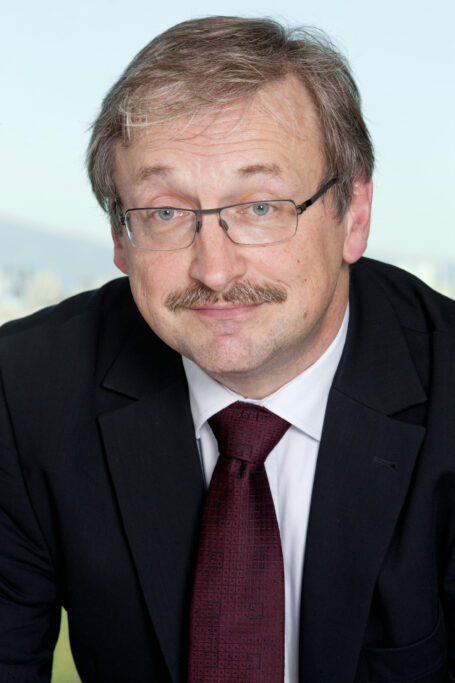
The group saw an opportunity: A smarter way to manage costs and the carbon. Unlike personal travel, business trips often involve groups of employees who head to the same city for a single event.
“What happens if we can get away from the traditional way of individually booking travel, inputting expenses and getting reimbursed?” Krips recalls asking. “What if we go into a model in which we plan the trip together, aligning on the flight and hotel and sharing ground transportation?”
The process: Both teams quickly realized they had a secure platform readily available to meet their vision. They would integrate Amadeus’ Cytric Easy, a travel and expense tool, into the Microsoft 365 suite, which includes Teams.
Engineers from each company worked on the integration. Business reps explored monetization and mapped out a market plan. Eventually, Microsoft employees tested the solution.
“By (Microsoft) becoming early adopters, it helped us solidify our solution,” Krips says “We immediately received feedback on what the issues were. We learned a lot.”
The collaborations with Microsoft also helped “opened doors” within the market by connecting several Microsoft customers to the Amadeus team, Krips says.

Such discussions are the bedrock of COIN – a program fueled by Microsoft’s transformation from a transactional software licensing company a decade ago to a company that today invests in customer success and business outcomes, says Rose, the Microsoft COO for global enterprise sales.
“We’ve learned over the years to actively listen, to be curious about what our customers are experiencing,” Rose says. “COIN is not about selling Microsoft products. We’re here to prioritize the challenges and opportunities our customers are facing and support them on every step of their unique transformation journeys.”
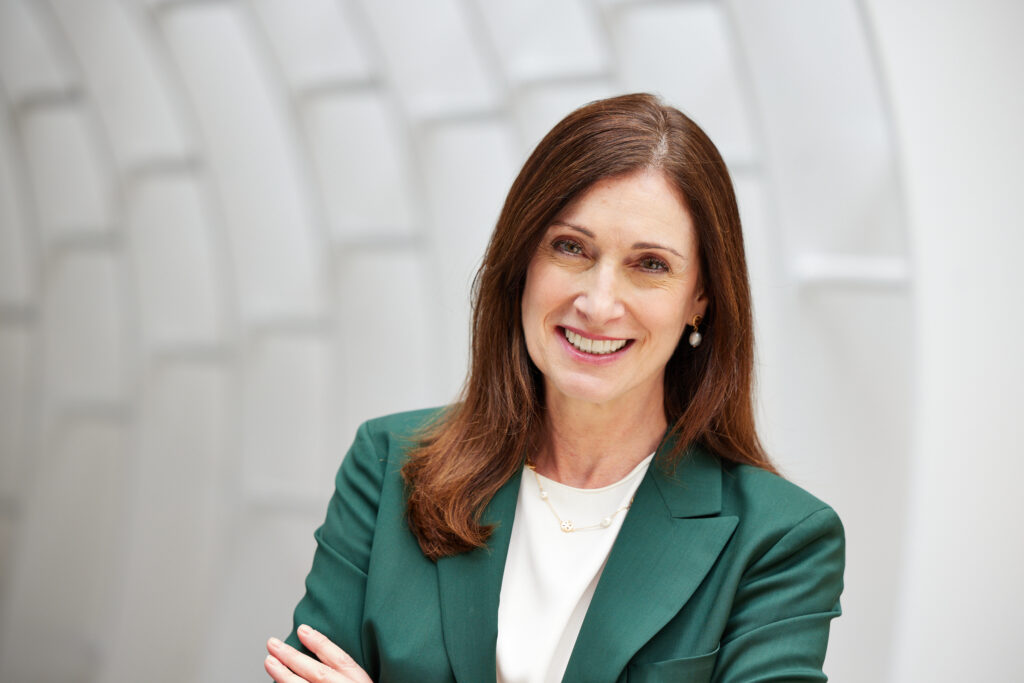
For example, people will soon be able to tap the generative AI capabilities in Microsoft 365 and use natural language prompts to complete their travel bookings.
The creation: Cytric Easy embedded in Microsoft 365, enabling businesses to plan and book travel and track travel expenses.
The COIN takeaway: “Everyone participates at an eye-to-eye level,” Krips says. “This is not the classic (sales-oriented deal) of: OK, I signed up for your cloud program, now you need to deliver it for us. No, this squeezes the best out of us both.”
The Company: Equinor
Energy. Headquartered in Stavanger, Norway.
COIN participation: August 2021 to January 2022.
The idea: Devise a faster and easier way to design offshore wind farms.
You may be familiar with the sight of immense white turbines at sea, each secured by underwater foundations, their blades spinning amid offshore breezes. Average wind speeds tend to be higher over the water than on land, enabling these farms to generate more electricity.
But the upfront work to analyze potential windfarm locations can be arduous. Engineers must make numerous assessments: What platform and turbine size are needed? What are the wind and wave patterns? How should you lay out the wind farm? How much electricity will it produce? Is it worth the cost?
“So we asked: Why don’t we digitize and automate that entire early phase? Why don’t we do digital simulations?” recalls Alvin Shaffer, head of partnerships, ecosystems and intelligence at Equinor.
The process: Engineers from Equinor and Microsoft partnered to accelerate development of a digital platform capable of managing numerous design iterations, ultimately automating the site-assessment process.
“The ocean of data you need to be able to analyze this stuff is significant,” Shaffer says. “You need a platform to be able to orchestrate and handle all of that work.”
For their build, the group relied on several Microsoft technologies, including Azure Digital Twins, which create virtual models of the physical world, and Azure IoT, which connects, monitors and controls IoT devices.
As is typical of a COIN engagement, conversations also took place between Nadella and Equinor CEO Anders Opedal and among senior leaders from both companies.
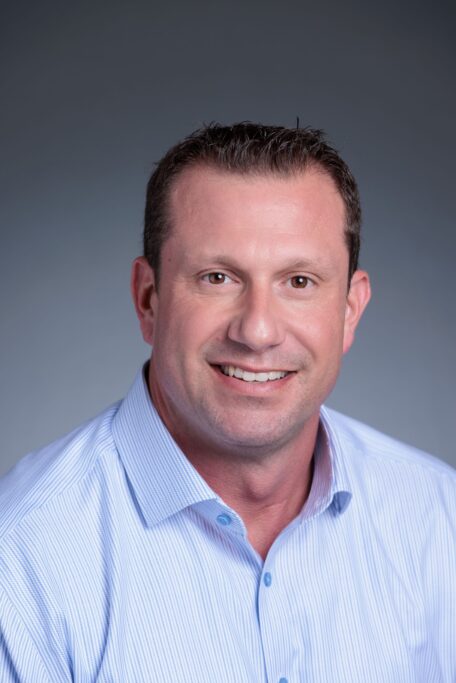
“To be able to be on a call with Satya, to hear his questions, engagement and suggestions, that was pretty impressive,” Shaffer says. “You don’t typically see that at the CEO level when two companies come together.
“His excitement helped me push (the development) from my side,” he added.
The creation: Digital wind farms.
Assessments and design changes that once took weeks can now be done with the click of a button, Shaffer says.
The COIN takeaway: “There’s something special about two companies being willing to put money on the table, then co-innovating to find a commercial opportunity,” Shaffer says. “That takes a bit of time, but we found it. I personally want more of this.”
For Microsoft, there’s also deep value in a joint process that offers better understanding – in real time – of a customer’s priorities and pressures, Cupp says.
“We learn how we can show up differently and create the space that allows a customer to accomplish these innovations – not just with us, but with themselves too,” Cupp says.
The Company: Grupo Bimbo
Baked goods. Headquartered in Mexico City.
COIN participation: February 2021 to June 2021.
The idea: The year before Althoff donned a hairnet and toured the Grupo Bimbo bakery in Guadalajara, the nearly 80-year-old company mulled an important business riddle.
How can we put real-time data in the hands of our salespeople – give them true business intel to execute more sales and have more strategic conversations when they meet with the retailers who sell our products?
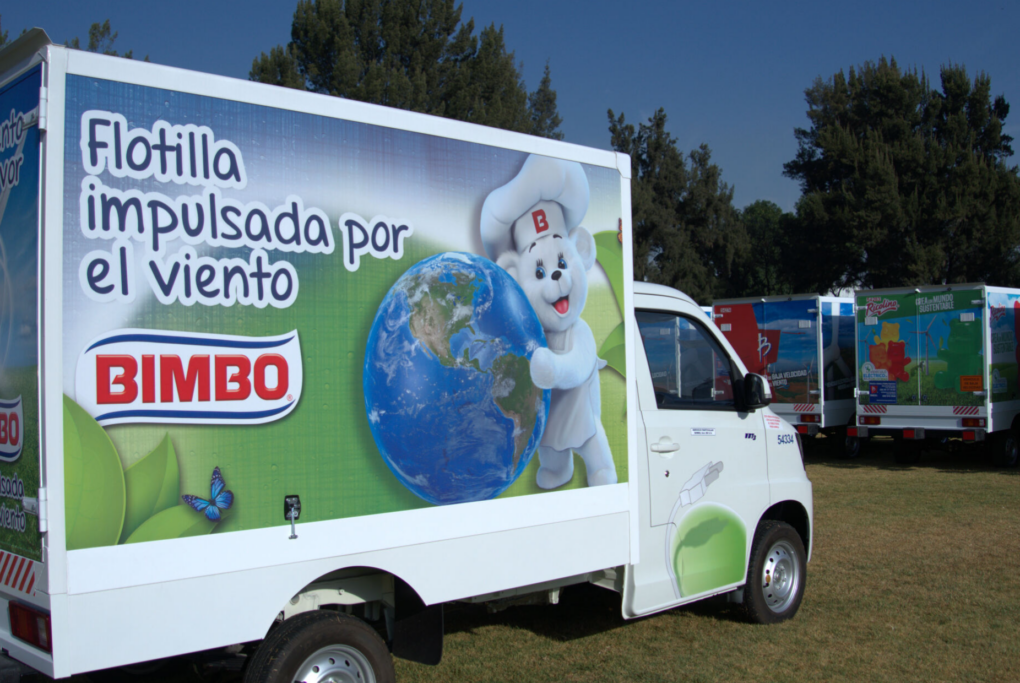
For seven decades, the company’s model for distributing and delivering its baked goods to retail sellers largely depended on the experience of Grupo Bimbo’s salespeople and their ability to network with those retail customers, says the company’s senior VP Pajón.
But the salespeople lacked vital customer sales histories. What they needed was a tool that could show recent sales metrics for Grupo Bimbo goods at specific stores.
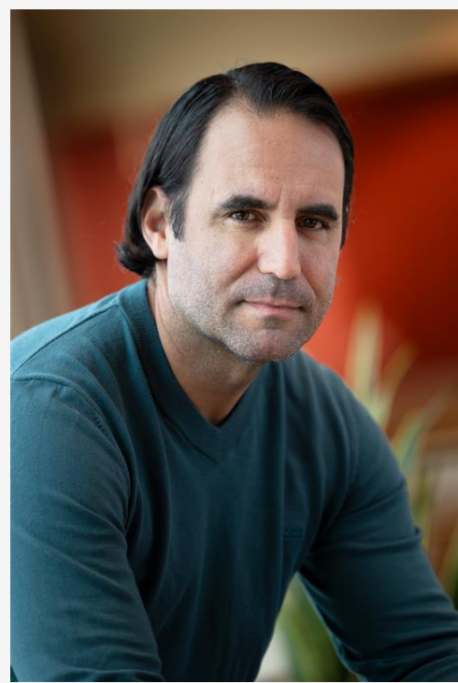
The process: During their COIN sessions the Microsoft and Grupo Bimbo teams developed an AI-powered tool that provides data on past sales.
“We’re putting that history into their hands, helping the salesperson not only rely on their experience, but also suggesting some insights that maybe, as humans, we cannot see.”
At the same time, Microsoft executives like Cupp and Althoff engaged with Grupo senior leaders “not only for tactical and operational conversions, but also to make sure we were moving in the right direction,” Pajón says. “We had so many visits from Judson to our bakeries. They listened to us. They understood where we wanted to go.”
The creation: The sales tool was dubbed Ben, inspired by “Star Wars” character Obi Wan Kenobi or Ben Kenobi.
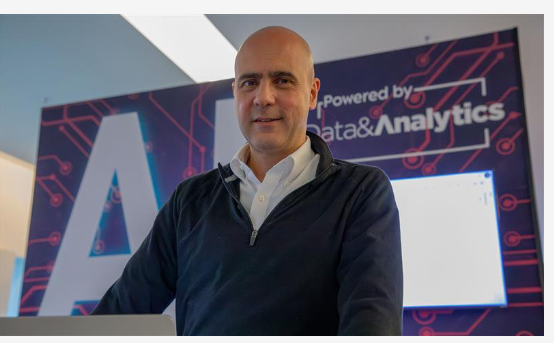
“We wanted that Ben Kenobi spirit – the force is with you, driving the sales representative in the moment of truth,” says Jose Antonio Parra, vice president of global digital transformation, data and analytics at Grupo Bimbo. “The idea is to empower, to bring something more to the person at the forefront.”
The COIN takeaway: “In terms of our exposure to the top management at Microsoft, this is beyond a business relationship,” Parra says. “It is closer to a friendship where we talk about business.”
Customers interested in learning more about COIN or applying to participate should reach out to their primary Microsoft contact.
At top: A photo of a wind turbine, courtesy of Equinor.
